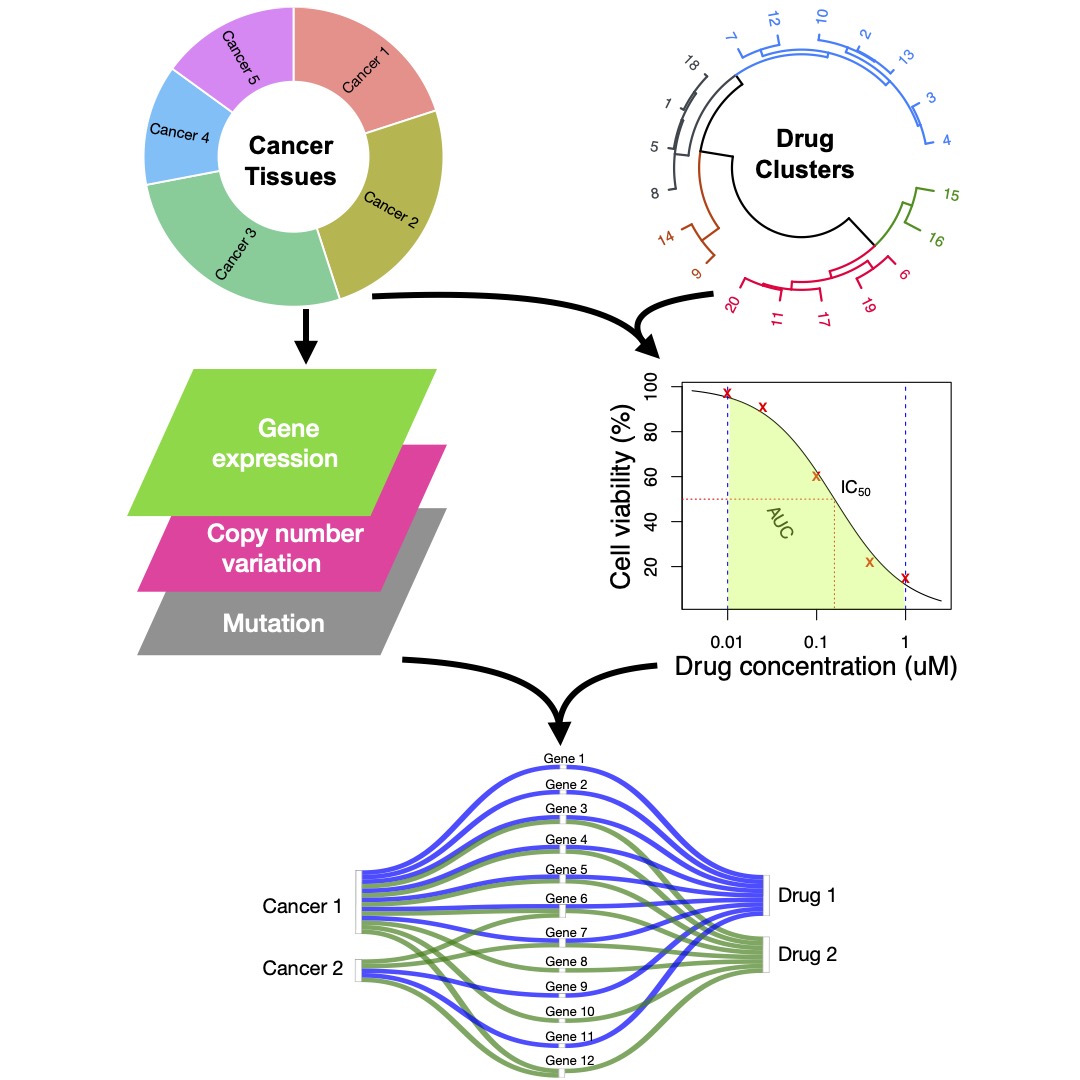Projects
Identification and characterization of drug resistant cell lineages with DNA barcoding
During cancer development, cancer cells grow into multiple genetically related sub-lineages that evolve in parallel and display heterogeneity at multiple levels. This project aims to trace, identify and isolate drug resistant sub-lineages of cancer cell line and PDX models using a cutting-edge DNA barcoding platform developed in the group. By utilizing CRISPR activation, sub-lineages of interest can be isolated in a highly-efficiently manner, which is not feasible with conventional DNA barcoding systems. Isolated cancer sub-lineages can be then biologically characterized using multi-omics profiling to identify key features in drug resistant sub-lineages. The project will improve our understanding of drug-resistant cancer cells and facilitate the development of therapeutic interventions to tackle treatment resistance.

Decision support systems for real-time patient monitoring and treatment optimization
Even if targeted therapies have revolutionized the treatment of many cancers, most patients develop resistance, have severe side-effects or relapse during treatment. Therefore, there is a clinical need to tailor optimal therapy for each patient to prevent ineffective treatment and toxic effects. This project will identify multi-marker panels and implement AI-based clinical decision support systems to guide treatment decisions for individual patients. We expect this will lead to increased treatment efficacy, individualization of therapy and reduced drug use and side effects. In addition, the multi-omics guided predictions will improve future trial designs and biomarker-based therapy selection.

Multi-omics prediction of clinical outcomes for precision oncology applications
This multidisciplinary project develops, tests and implements novel practices of how to use artificial intelligence (AI) and machine learning (ML) models in translational and clinical studies. The modeling goal is to develop novel supervised learning approaches to select multi-omic features predictive of clinical outcomes for individual patients using efficient AI / ML models that maximize the accuracy of the predicted outcome, using minimal panel of predictive features. The medical question is how to improve treatment outcomes, and how to do this cost-effectively to minimize the burden on public health expenditure.

Zhao et al. iScience 2022; https://doi.org/10.1016/j.isci.2022.104767
